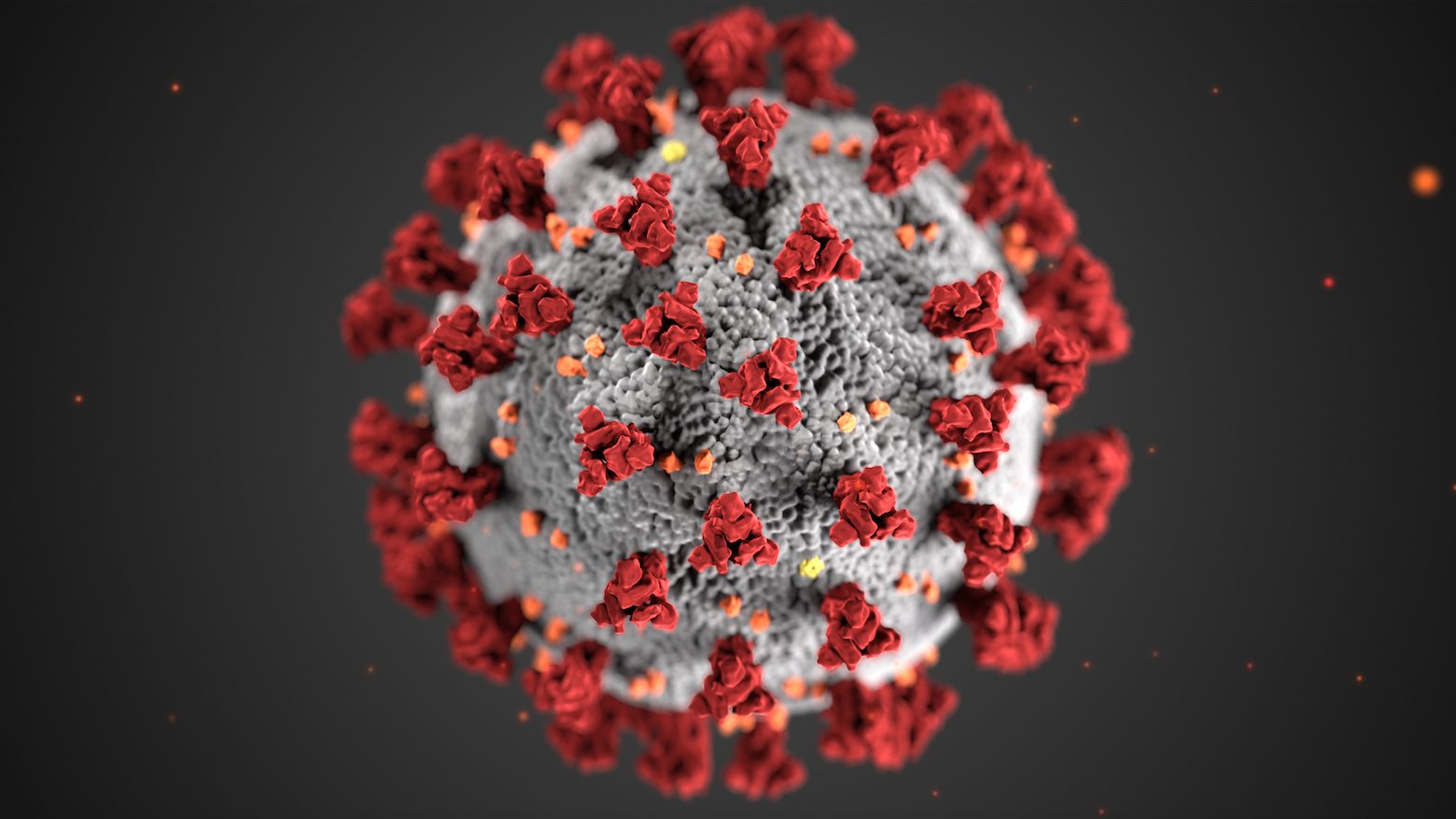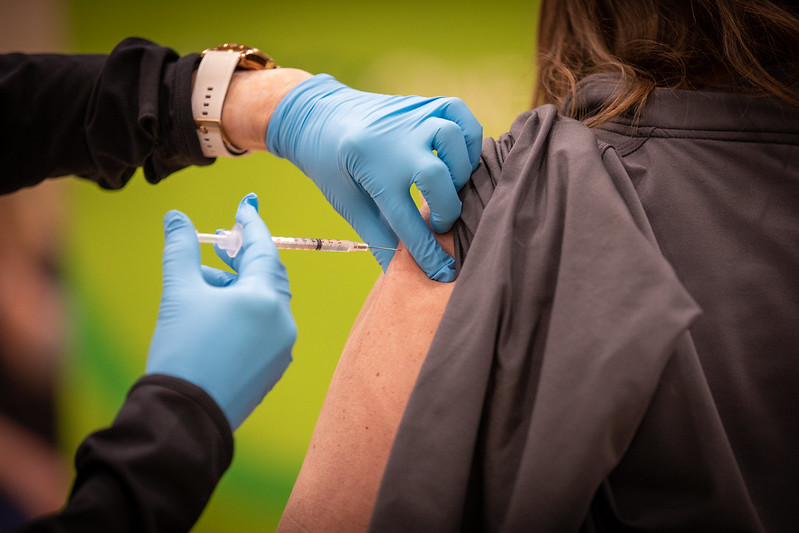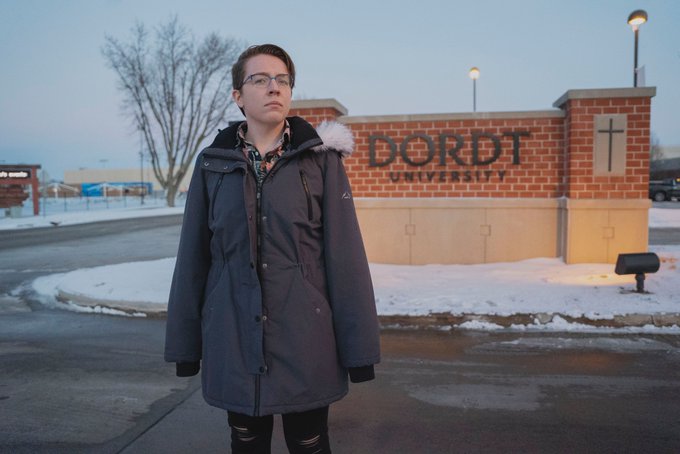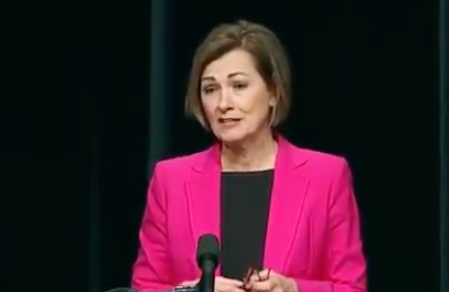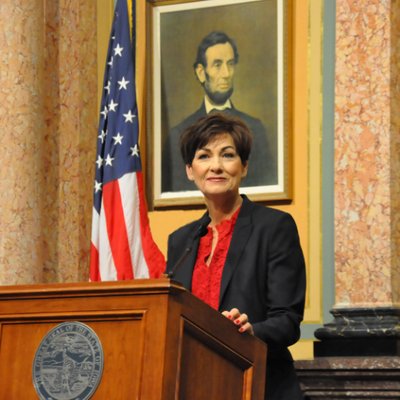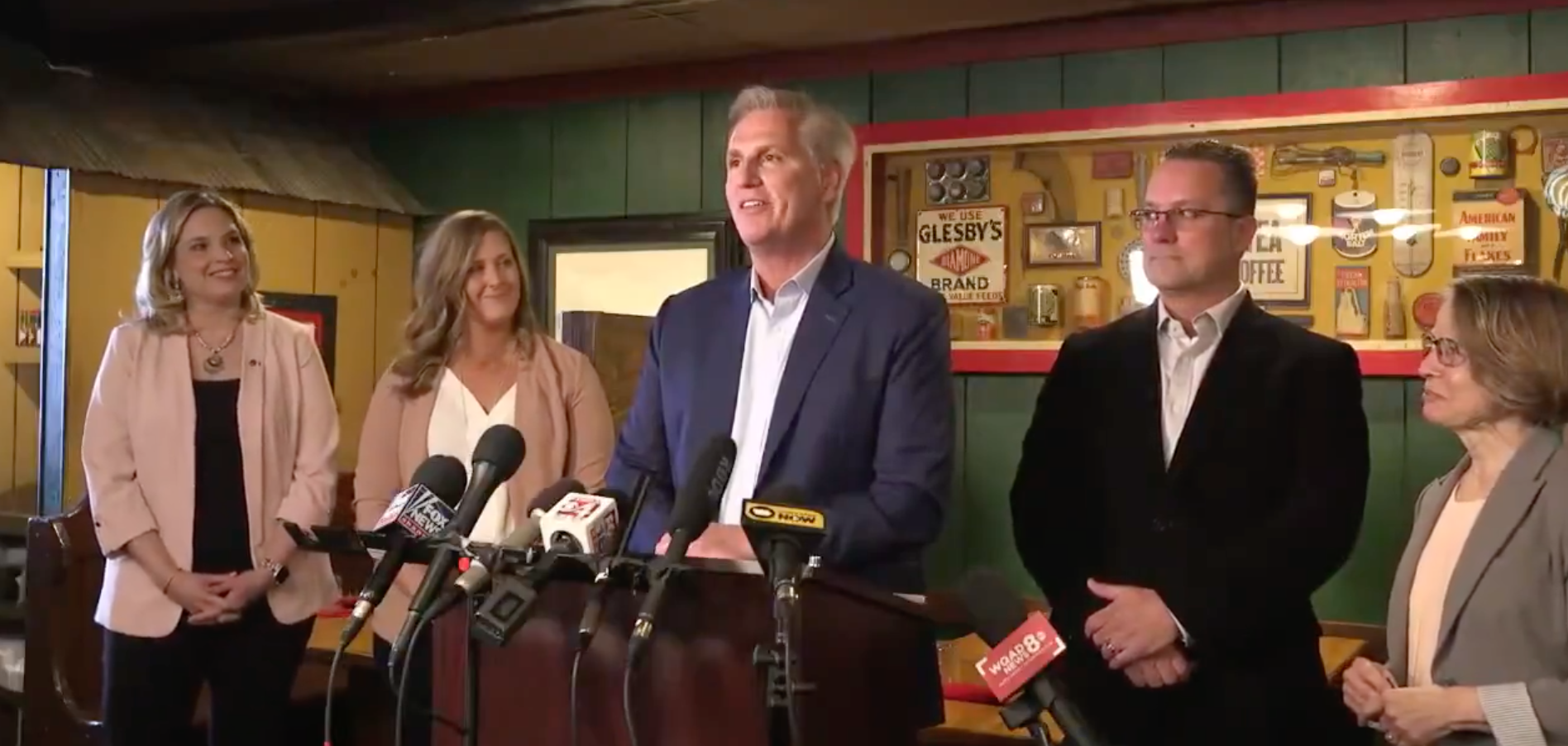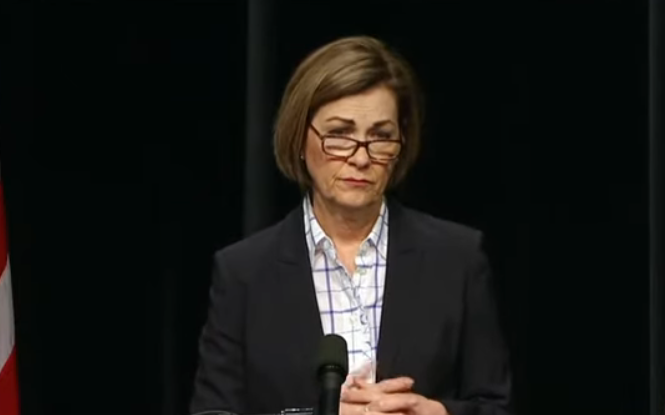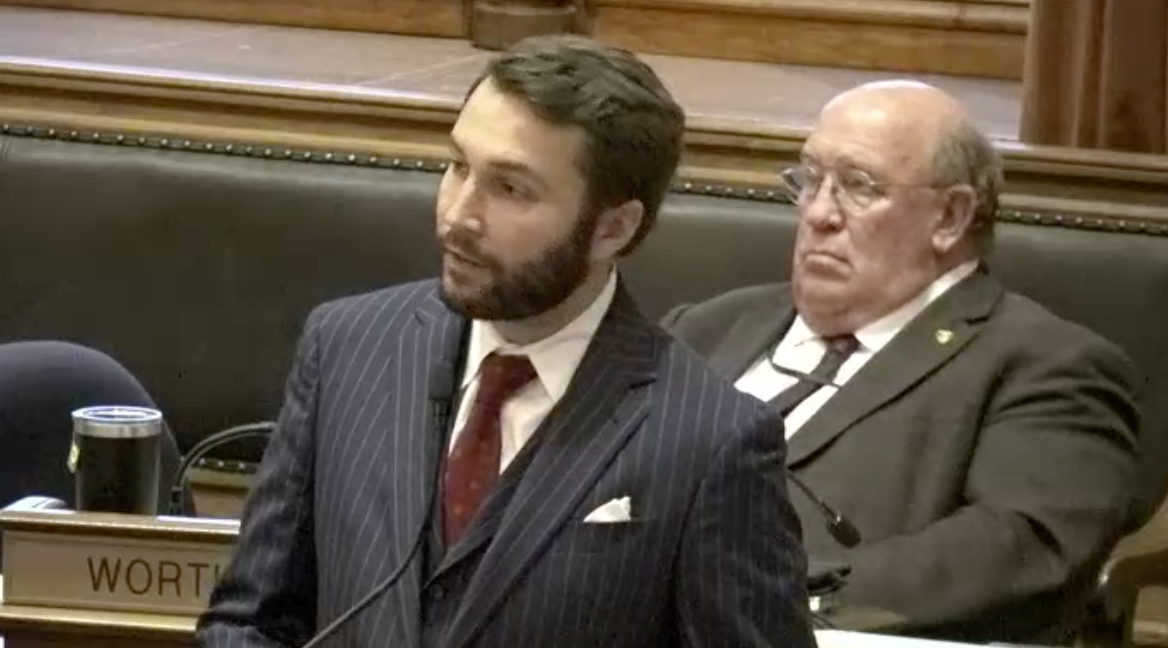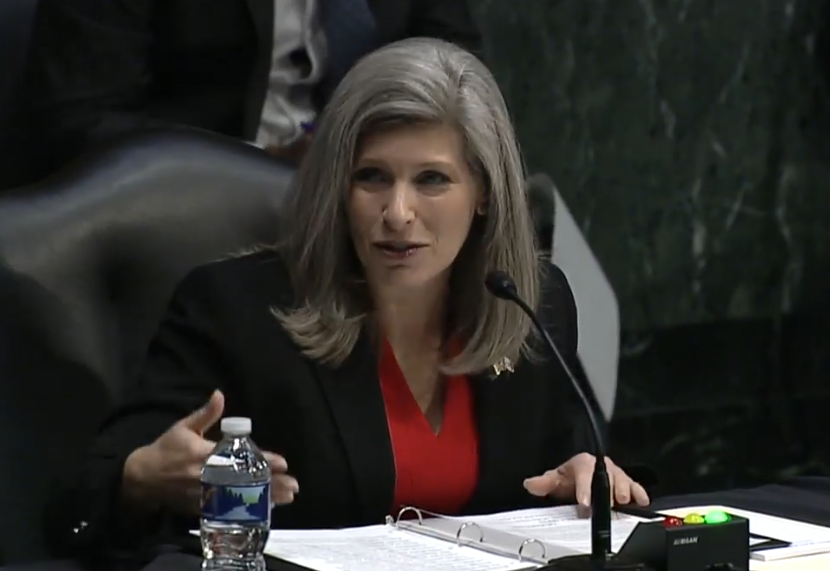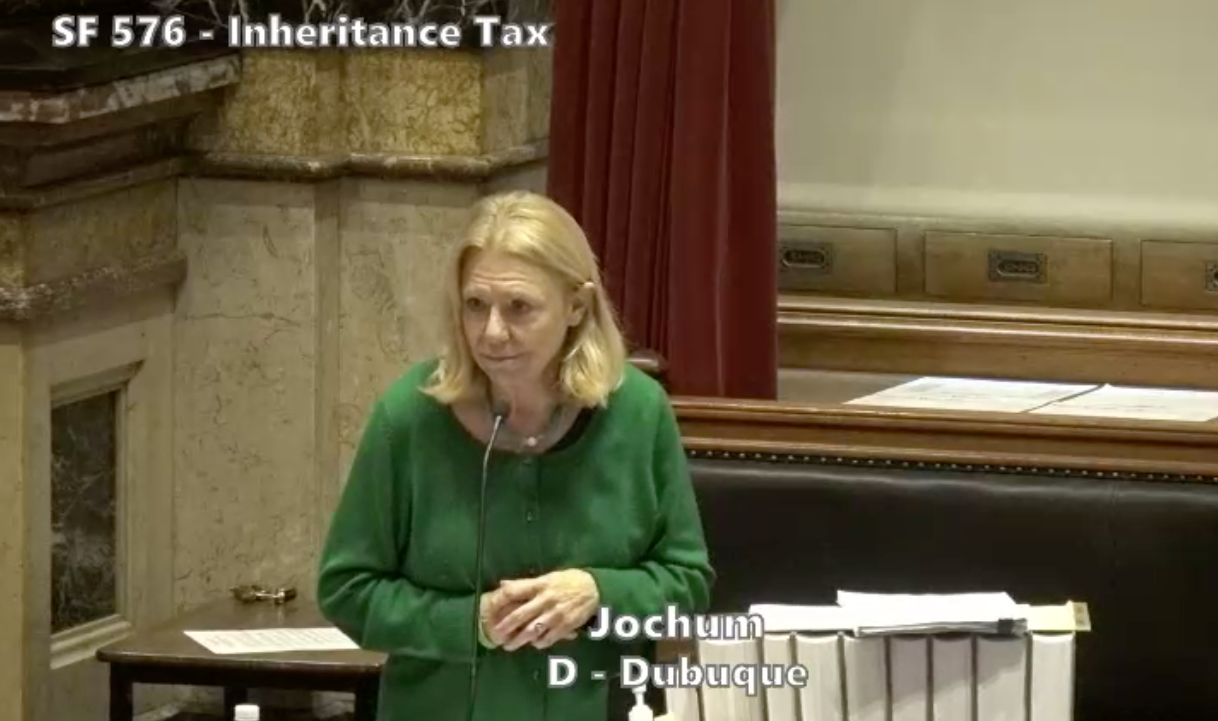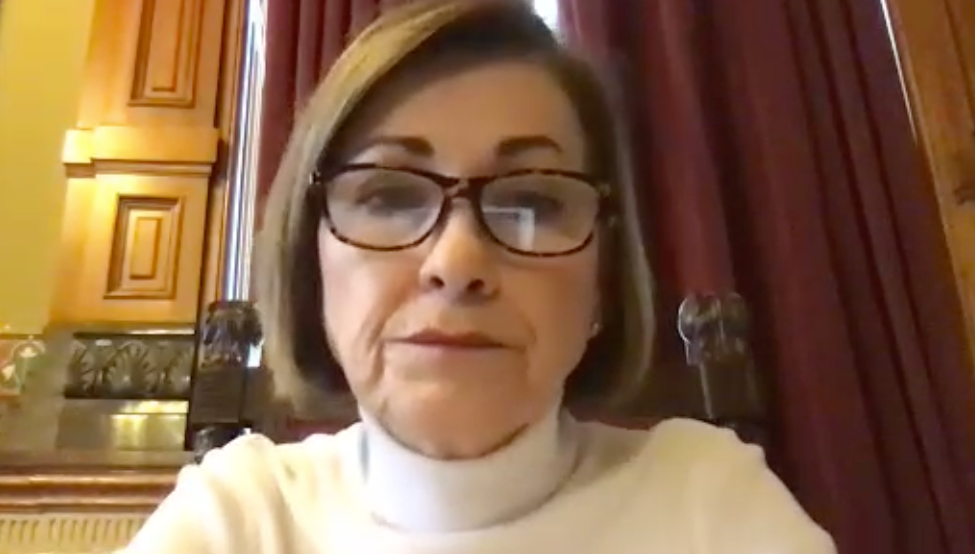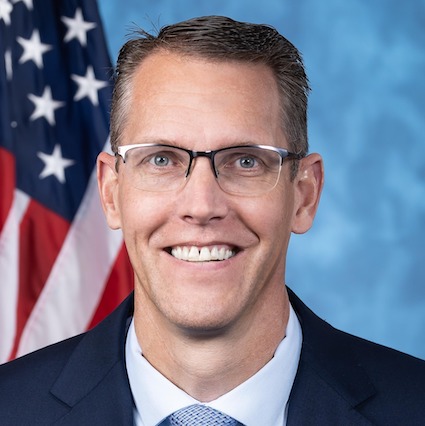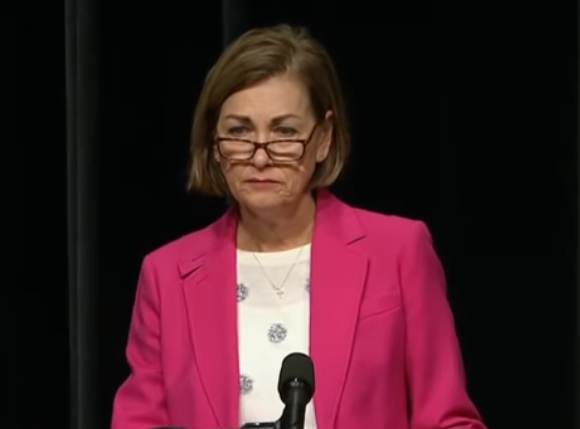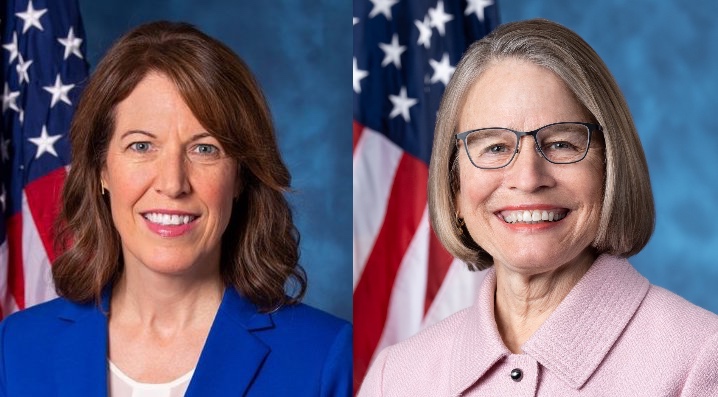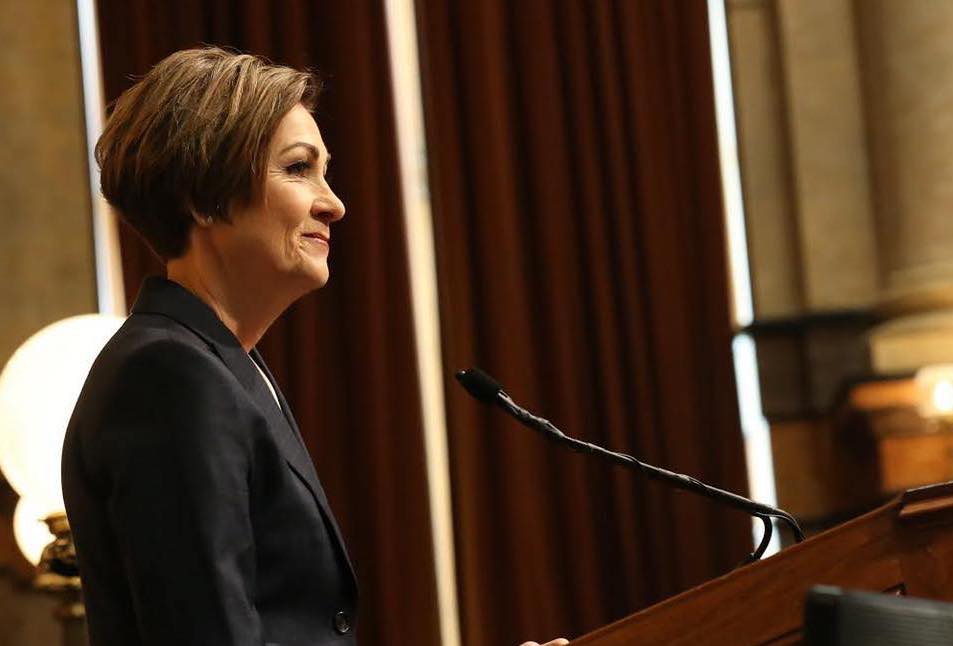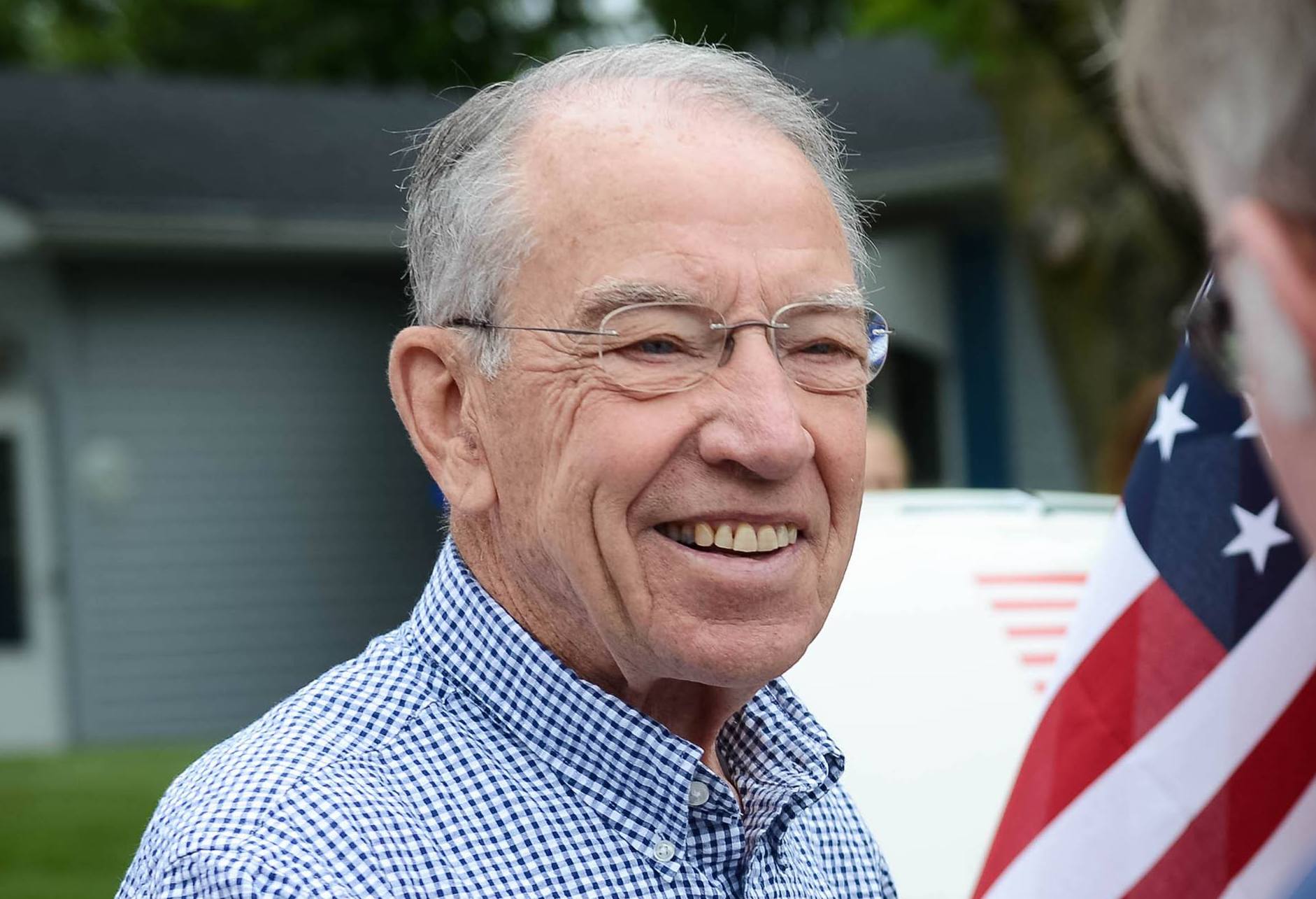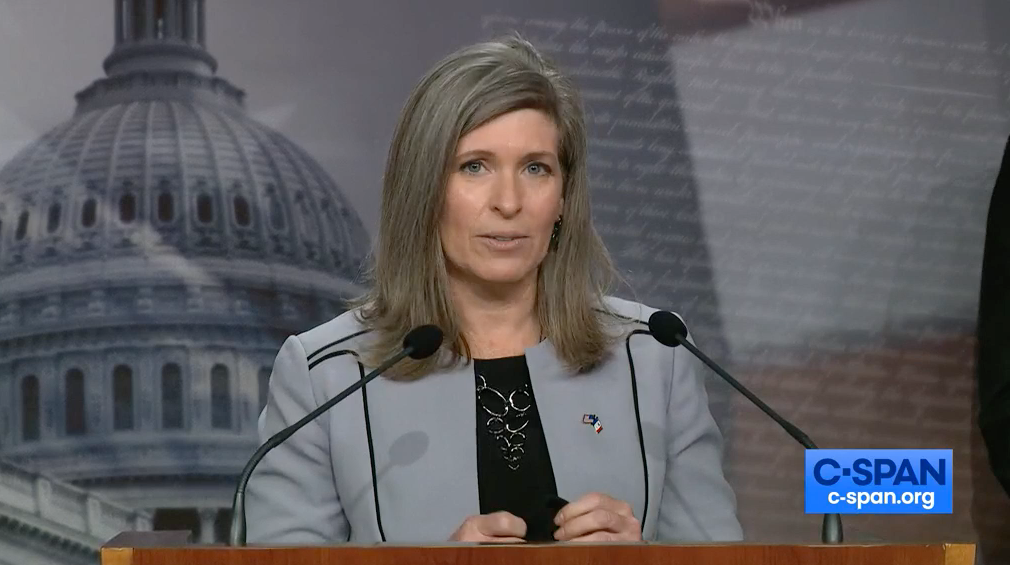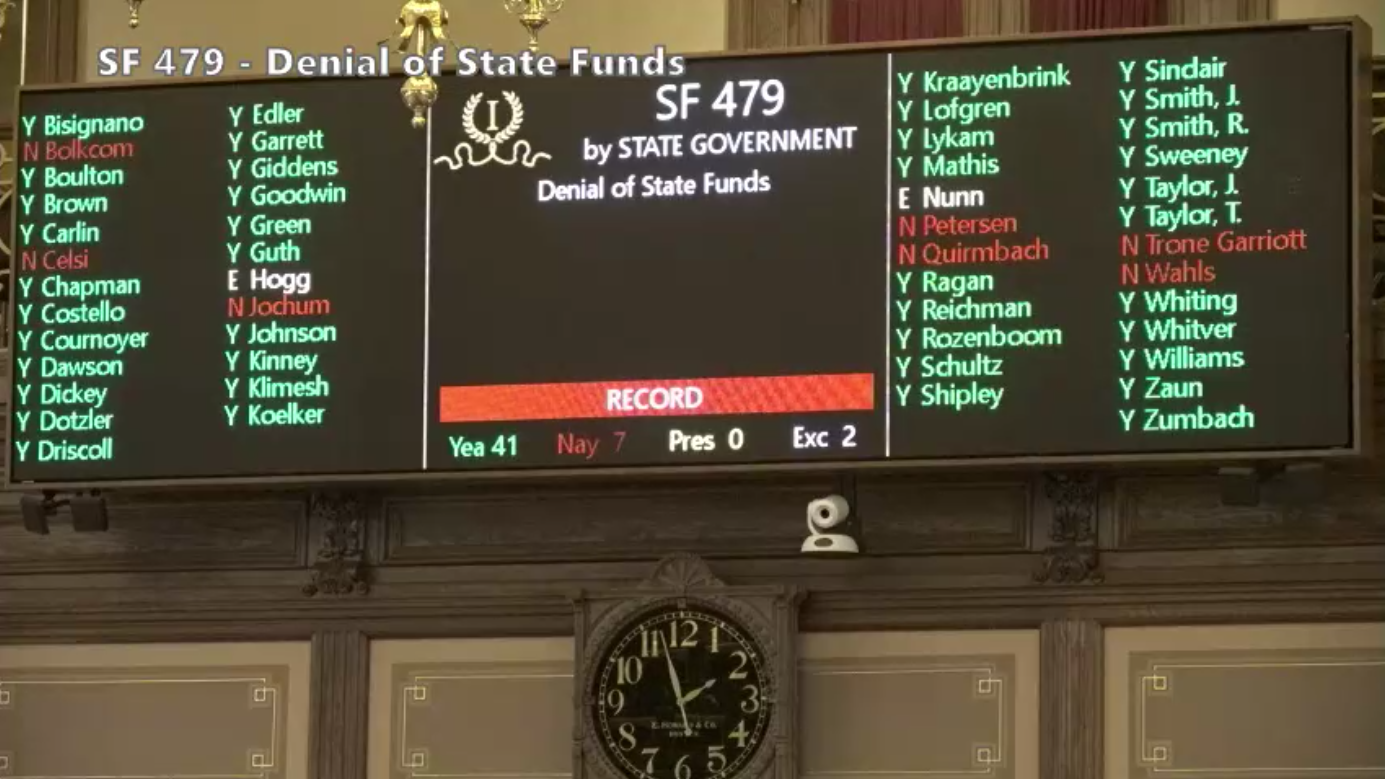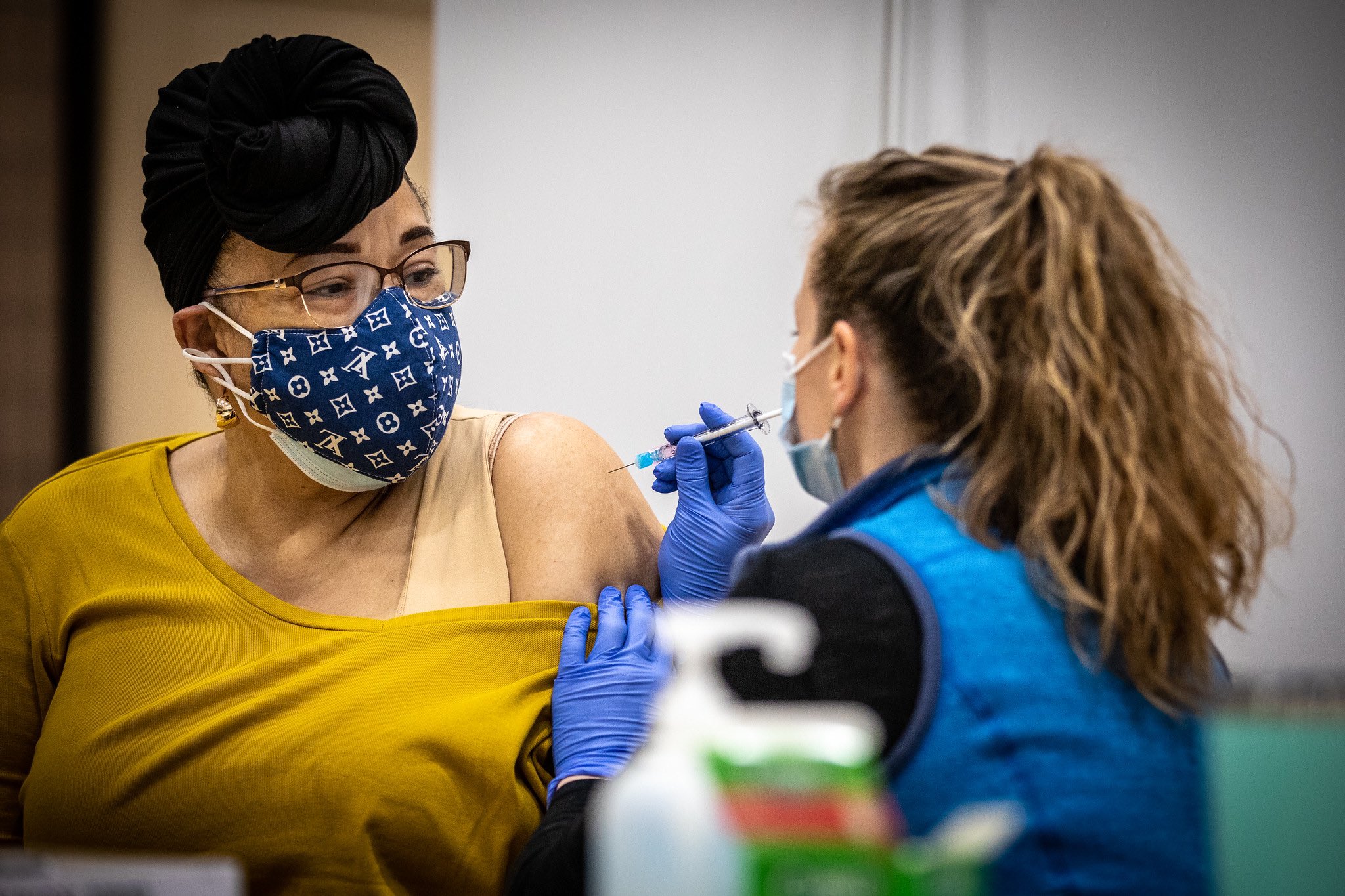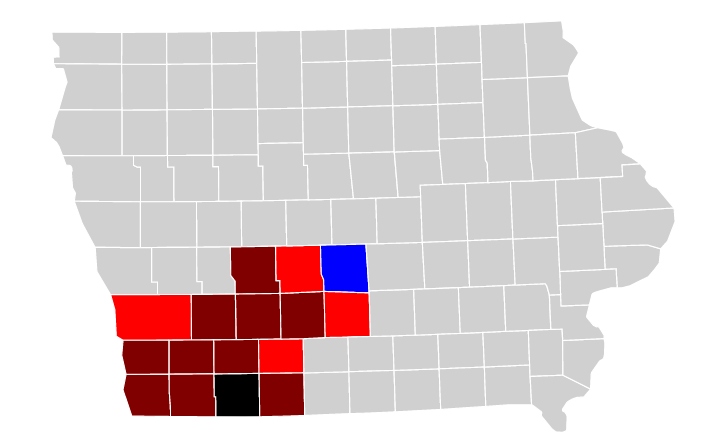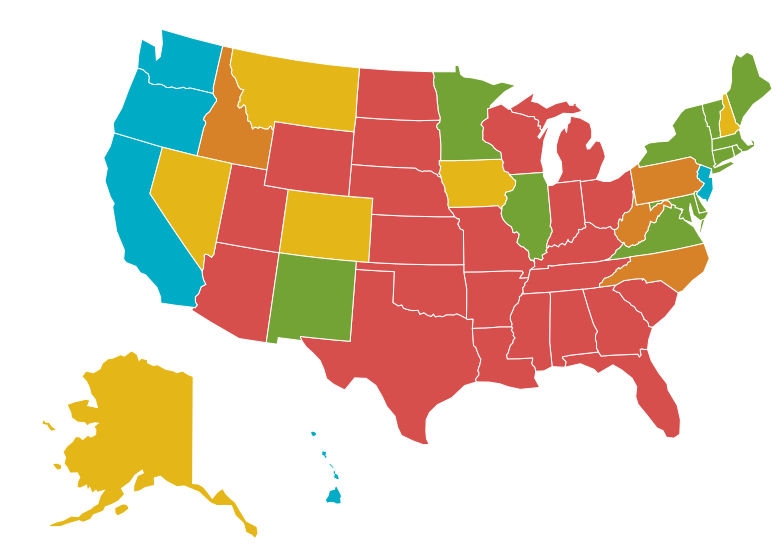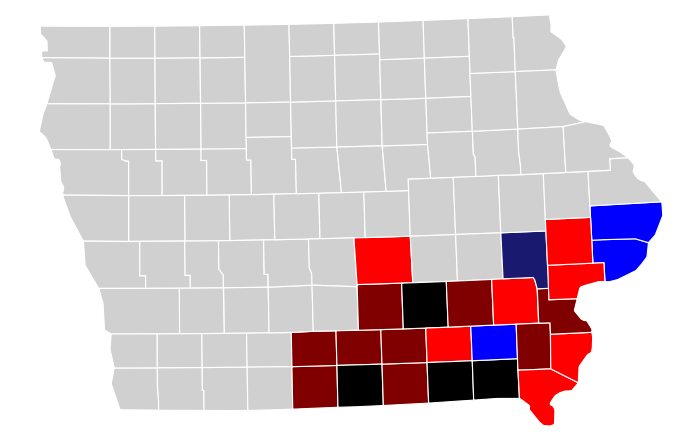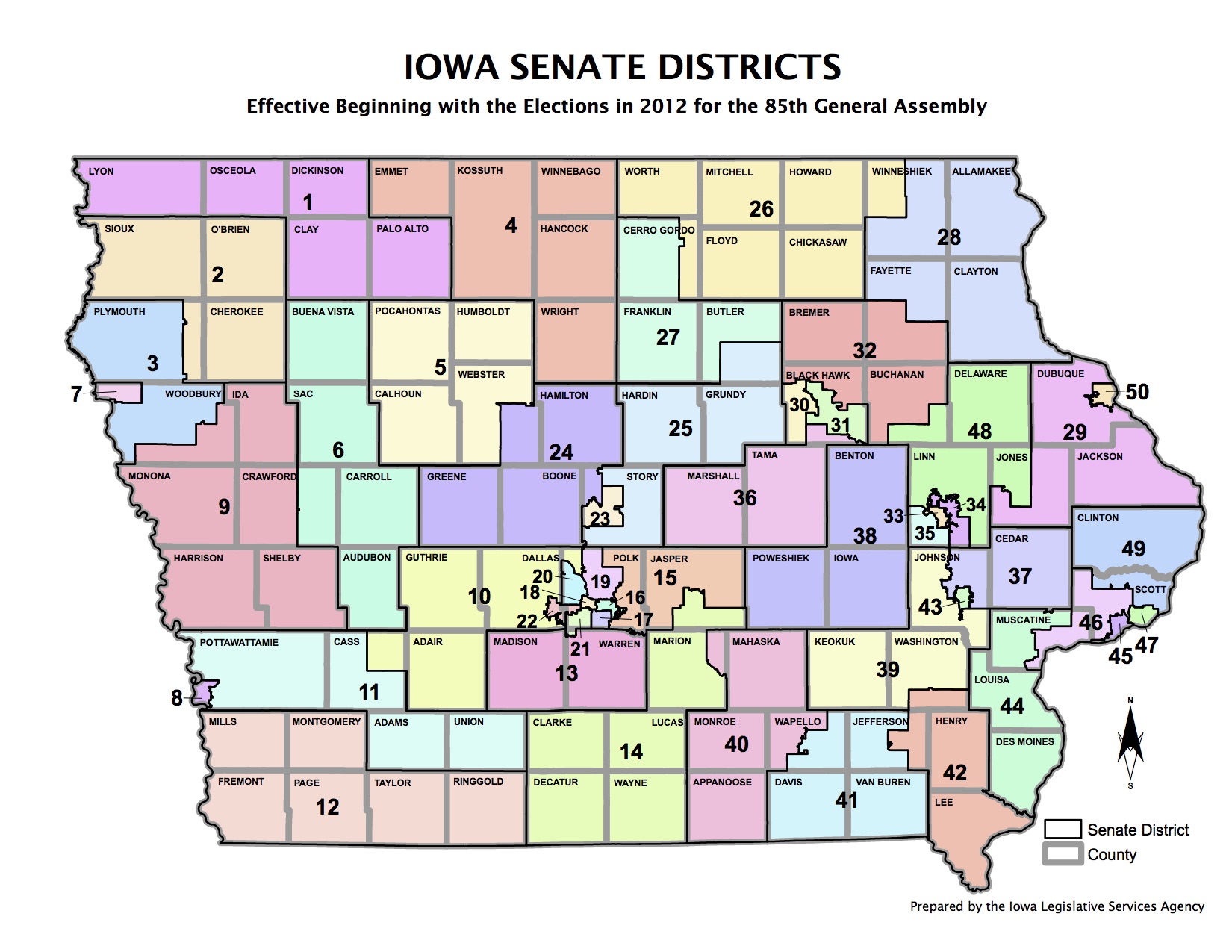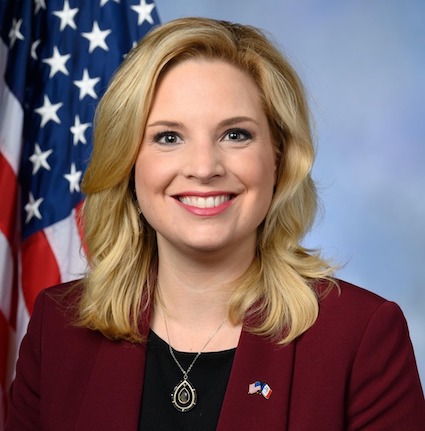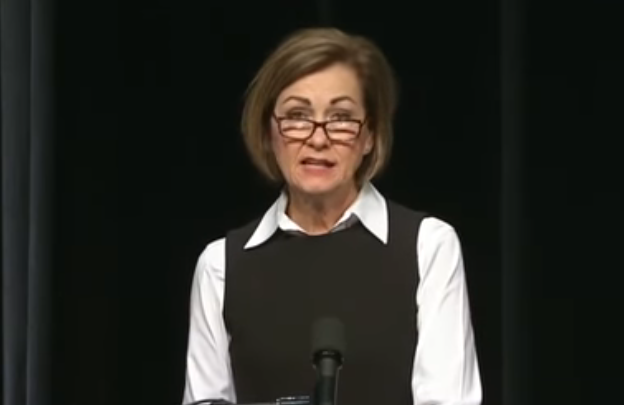Alex Travesset dispels some misconceptions that threaten to turn Iowa’s state universities into “giant teaching community colleges with no research.” -promoted by Laura Belin
It was January of 1997 when I got an offer for a three-year research position at Syracuse University in New York. I defended my PhD that summer and arrived at Syracuse in early September. I had never been in the U.S. before, but I quickly found it a fantastic environment to work, based on merit and so different with the bureaucracy and cronyism that I had experienced in European universities.
Fast forward to winter 2002. During another two-year position at the University of Illinois at Urbana-Champaign, preceded by a short-term but productive visiting position at Harvard University, I was interviewing for faculty jobs. At the University of Massachusetts at Amherst I had an exchange I will never forget. Noticing that the institution was in apparent crisis at the time, I very politely inquired about it to the chair of the Department of Physics. He told me very honestly that Massachusetts had too many top private universities, and it was not like the Midwest, where legislators are alumni and have developed a pride and special bond toward their public universities.
Fittingly, my last interview was at Iowa State. I fell in love right away; it was quite similar to the University of Illinois, had a thriving department, but in addition, a National Lab, the Ames lab, just across the physics building. Needless to say, I was thrilled when I got an offer, which I accepted without delay. In August 2002, I moved to Ames and started a tenure track position as assistant professor. As is the norm, I was given generous funds to get my research group started. With the typical highs and lows, I got tenure and was promoted to associate professor in 2008. I became full professor in 2013.
Continue Reading...


